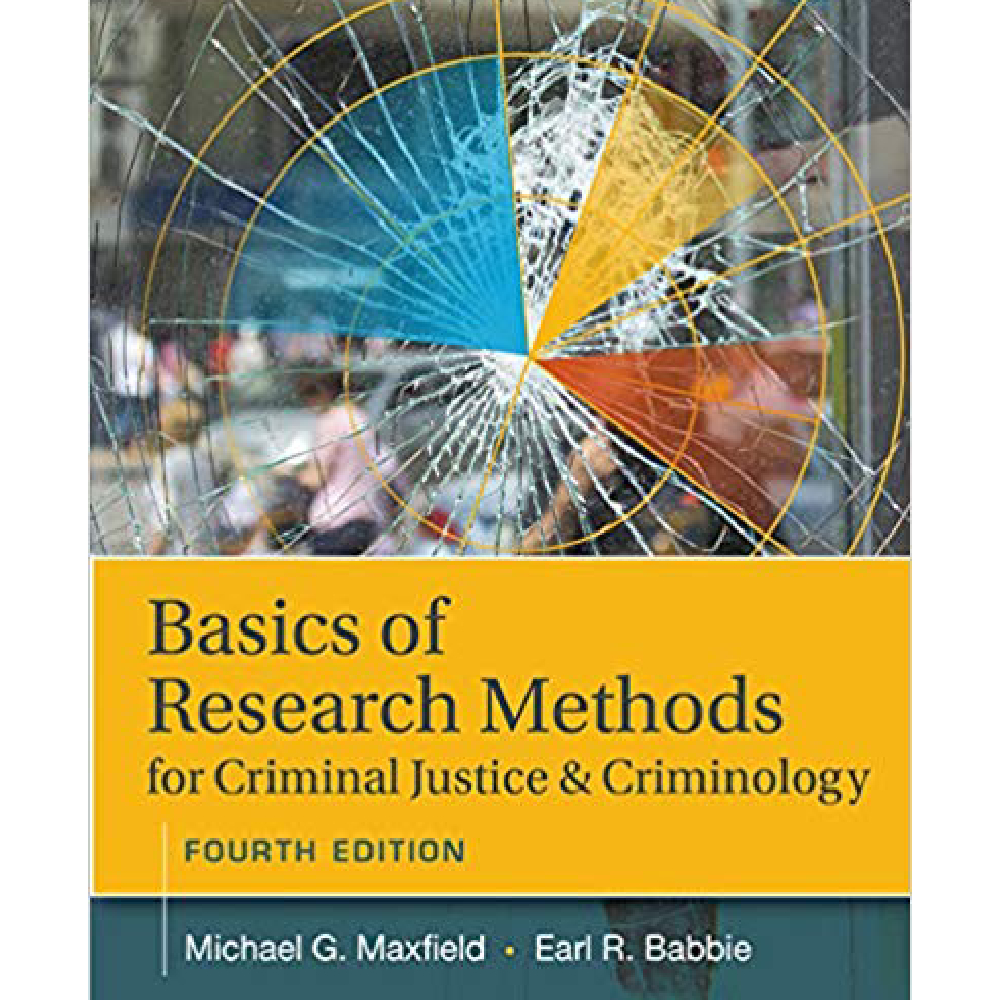CHAPTER 11 TEST BANK
Evaluation Research and Problem Analysis
TRUE/FALSE
1. Like survey designs and field studies, evaluation research refers to a research method, not a specific research purpose.
ANS: F REF: Topics Appropriate for Evaluation Research and Problem Analysis
2. Policy analysis focuses upon whether the intended result was produced.
ANS: F REF: Topics Appropriate for Evaluation Research and Problem Analysis
3. The policy process, like the research process in general, is fluid and does not always “start at the beginning and conclude at the end.”
ANS: T REF: Topics Appropriate for Evaluation Research and Problem Analysis
4. Outputs refer to the basic question of what a policy action is trying to achieve.
ANS: F REF: Getting Started
5. Goal-oriented public policies cannot be viewed as “if-then” statements: if some policy action is taken, then we expect some result to be produced.
ANS: F REF: Problem Formulation
6. Applied studies such as program evaluation is that they do not require the same degree of planning as do survey designs.
ANS: F REF: Designs for Program Evaluation
7. Evaluation apprehension occurs when officials fear that their own job performance is not being rated.
ANS: F REF: Measurement
8. In evaluation research, outcome measures serve as the independent variables.
ANS: F REF: Measurement
9. Not only is it necessary to measure dependent variables in impact assessment, the researcher also needs to measure the context within which the program is conducted.
ANS: T REF: Measurement
10. Quasi-experiments differ from true experiments in that they lack random assignment to control and experimental groups.
ANS: T REF: Designs for Program Evaluation













Reviews
There are no reviews yet.